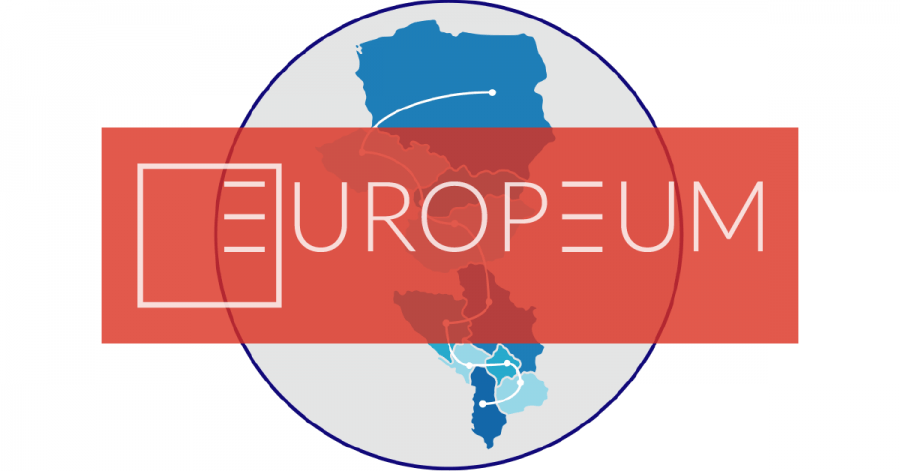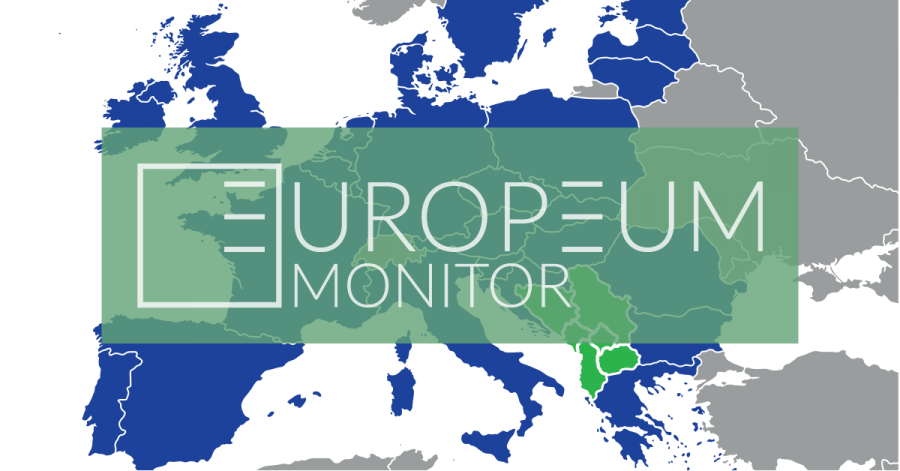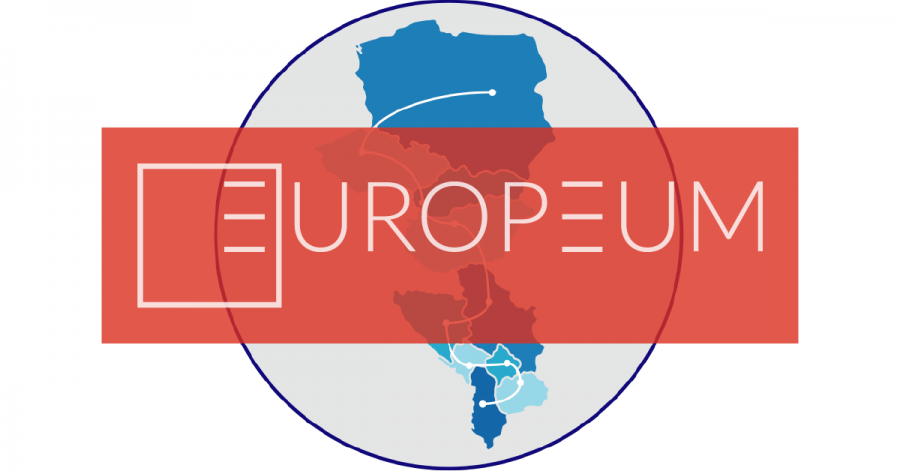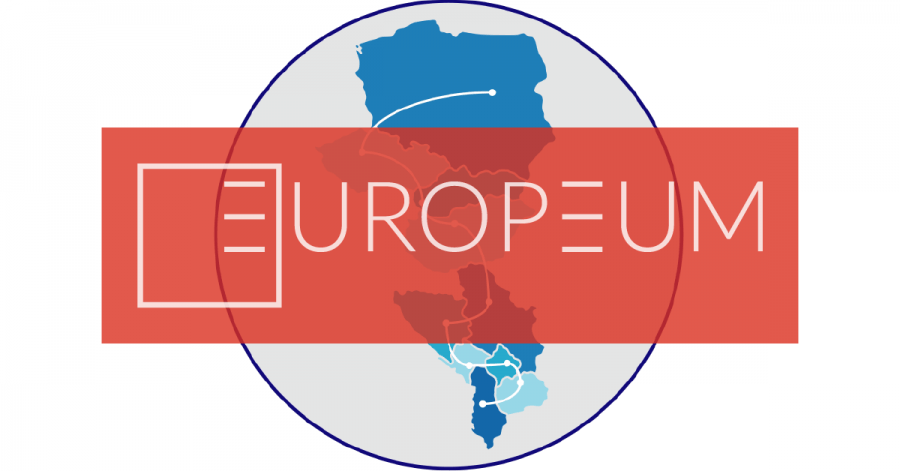POLICY PAPER - Sametový rozvod: Rozdělení Československa jako inspirace pro západní Balkán

- The example of the dissolution of Czechoslovakia referred to also as the “Velvet Divorce”, in the early 1990s, often serves as a model of peaceful dissolution of a joint state.
- While the context of the joint Czechoslovak state and its split as well as the shared history of Czechs and Slovaks is very different from that of the Western Balkan countries, due to its peaceful, well-managed preparation as well as the implementation and establishment of “above-standard” friendly relations after the dissolution, for which is Czechoslovakia studied as a model example and compared to other states’ dissolutions, it would be impossible not to include it among the cases studied in this project.
It is a general feeling in the Czech Republic and Slovakia that the current relations are better than they were in the times of the joint state, although according to the recent polls most Czechs and Slovaks believe the relations have not changed much. Both countries refer to each other as the closest ally and a natural partner. The visits between the Czech and Slovak representatives are very frequent and friendly (for example, as a matter of tradition, the first foreign visit by newly elected presidents of both countries heads to Czech Republic or Slovakia respectively).
However, the context of this breakup and the issues and developments leading up to it usually remain left aside. While nowadays there is an apparent lack of conflicting issues among Czechs and Slovaks, life in the shared state was far from ideal and the burden of history played its role as well. Czechoslovakia was born after World War I with the fall of the Austro-Hungarian Empire, both a product of Czechs and Slovaks breaking free from their former rulers and a way to gain more international strength and recognition compared to individual, smaller states. After the Munich agreement and the Nazi invasion of Czechoslovakia the joint state suffered the first crisis as the Czech part of the state turned into an occupied territory while a collaborationist regime was established in Slovakia (the “Slovak State”)
You can download full Policy Paper through the PDF button.





